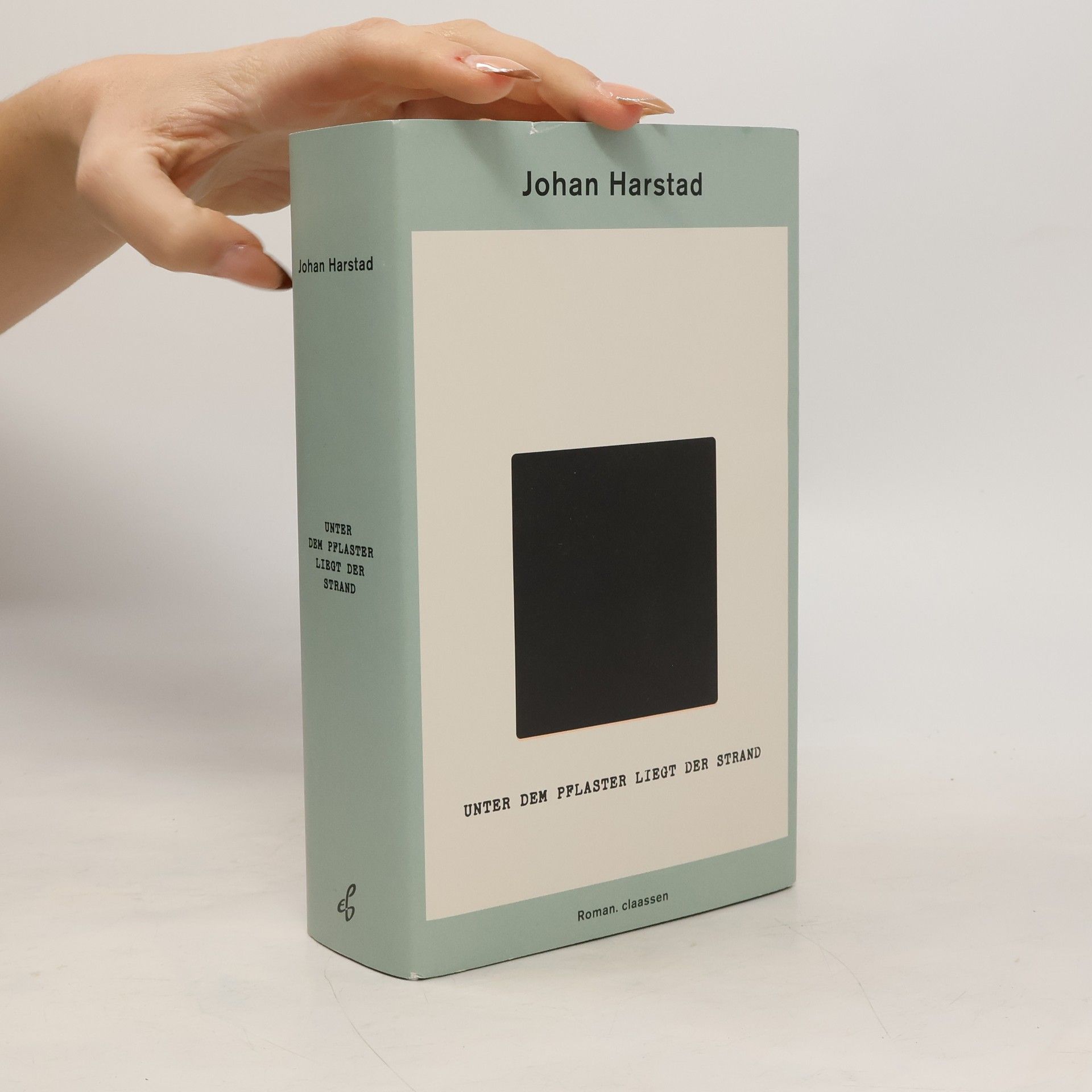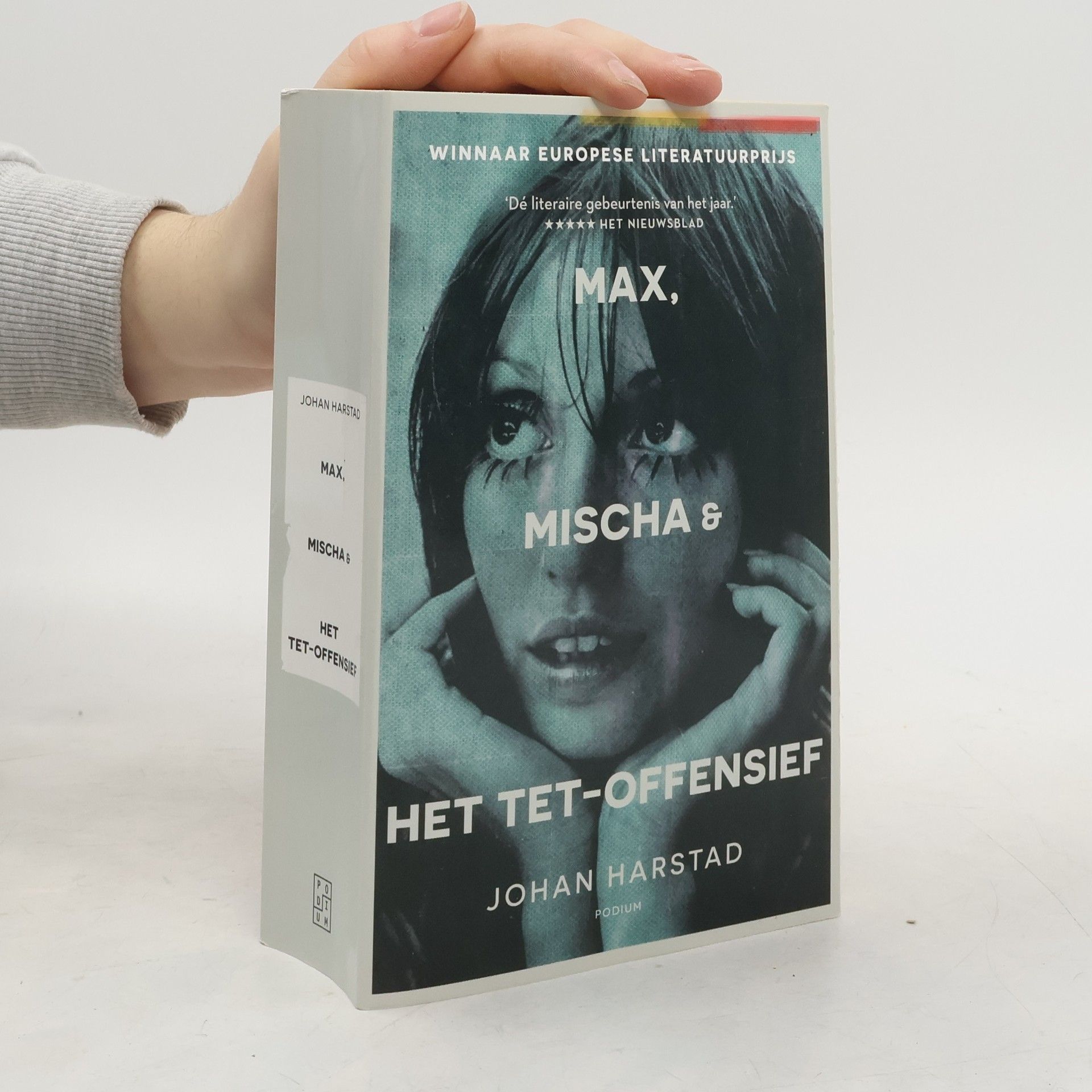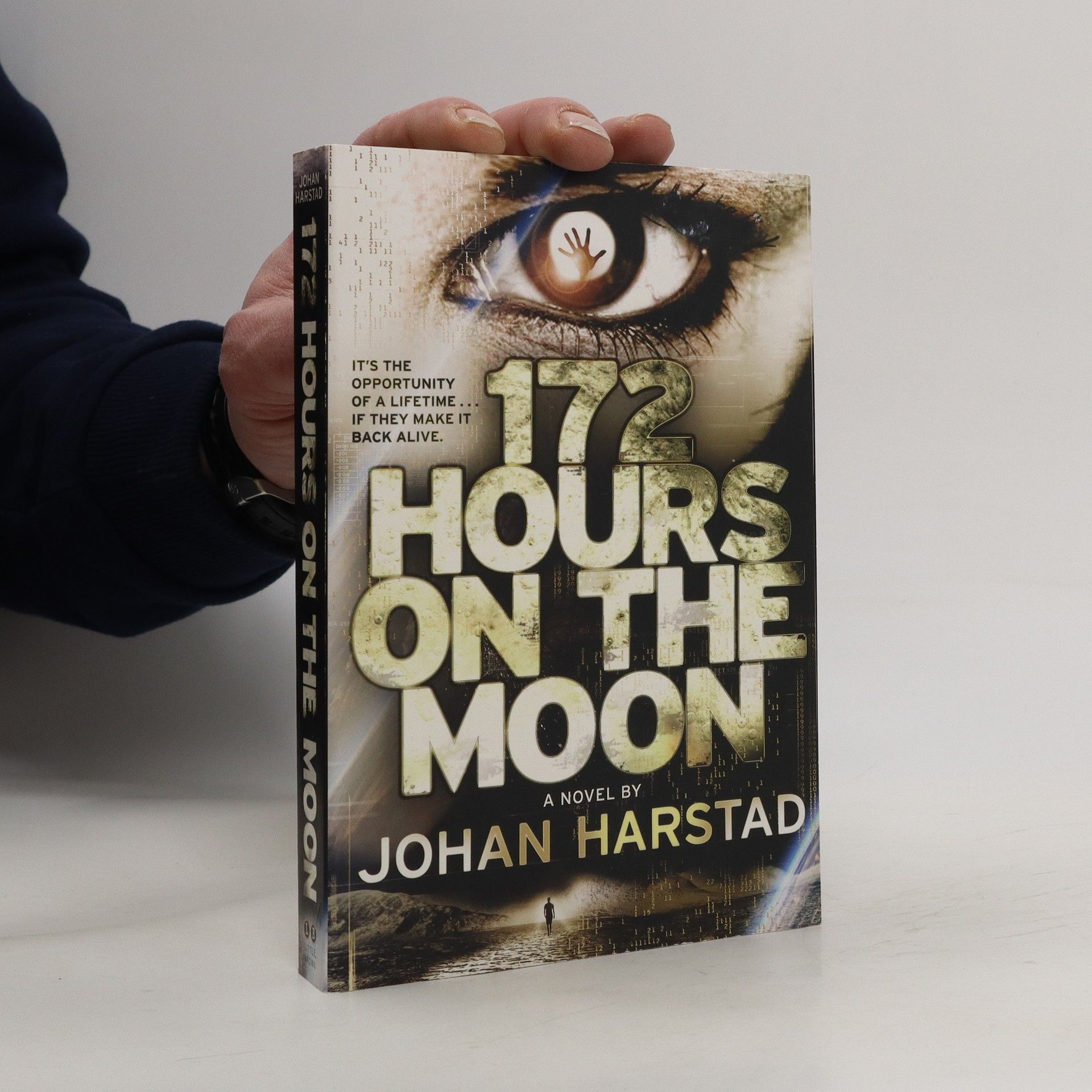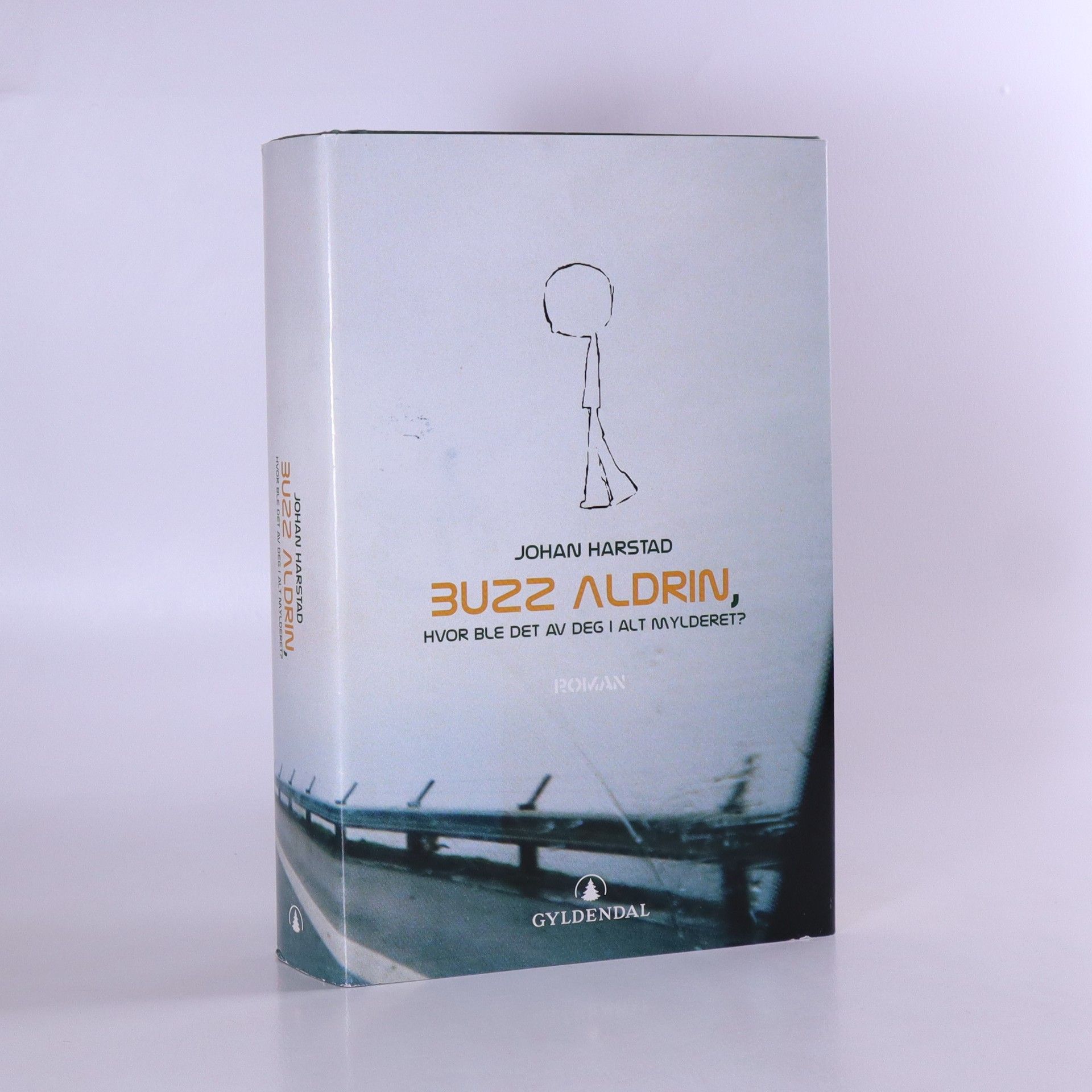The Red Handler
- 240 pages
- 9 hours of reading
A riotous metafictional dissection of a "famous" Norwegian detective writer Frode Brandeggen (1970-2014), an unknown voice to most readers, made his debut in 1992 with the experimental 2,000+ page novel Conglomerate Breath. It was never reviewed and soon forgotten. After that, he created a new genre, writing fifteen micro-novels about "Red Handler," a protest-oriented crime fiction project aimed at confronting the genre's weakness--and often unnecessary length. As his weapon, he developed a private investigator who is already at the scene or in the immediate vicinity when foul play takes place, so that the perp can be caught red handed and the case quickly solved, thus offering crime fiction to people who don't have the time to read long books, or who simply hate to read, but love crime. This book brings together all fifteen micro-novels Brandeggen wrote about Red Handler for the first time, and is also equipped with a comprehensive amount of enthusiastic, explanatory, complementary, and sometimes strangely digressive endnotes, written in the pen of Brandeggen's closest literary confidant in the final years, German professional annotator Bruno Aigner (1934-). This novel about the fiction Red Handler, Frode Brandeggen, and Bruno Aigner is Johan Harstad's wildest, most hysterical project to date.










